As a parent, you want to provide your child with the best educational tools to support their growth and development. One of the most engaging and effective ways to do this is through the use of educational puzzles. Puzzles not only challenge the mind but also foster critical thinking, problem-solving skills, and hand-eye coordination. But with so many options available, how do you choose the perfect puzzle for your child?
Understanding Your Child's Age and Skill Level
The first step in selecting the right educational puzzle is to consider your child's age and skill level. Puzzles come in a wide range of difficulty levels, from simple shape puzzles for toddlers to complex jigsaw puzzles for older children.
For younger children, ages 2-4, look for large, chunky puzzles with simple shapes and bright, colorful designs. These puzzles help develop fine motor skills and hand-eye coordination, while also introducing basic concepts like colors and shapes.
As your child grows, you can move on to more challenging puzzles that require greater attention to detail and problem-solving skills. For ages 5-7, consider puzzles with more pieces and intricate designs, such as puzzles featuring animals, vehicles, or scenes from nature. These puzzles help develop spatial awareness, logical thinking, and perseverance.
For older children, ages 8 and up, you can find puzzles that truly challenge their cognitive abilities. Look for puzzles with a higher piece count, more complex patterns, and themes that align with their interests and educational needs. These puzzles can help improve concentration, critical thinking, and even problem-solving skills that can be applied to other areas of life.
Choosing Puzzles that Engage and Educate
When selecting educational puzzles, it's important to choose ones that not only challenge your child but also spark their curiosity and interest. Look for puzzles that feature engaging themes, such as animals, landmarks, or historical events. These types of puzzles can help reinforce learning in a fun and interactive way.
Another factor to consider is the level of educational content within the puzzle. Some puzzles are designed specifically to teach certain concepts, such as letters, numbers, or shapes. These puzzles can be particularly useful for supporting your child's academic development.
For example, you might find a puzzle that features the alphabet, with each letter represented by a corresponding image. As your child assembles the puzzle, they'll be reinforcing their letter recognition and early reading skills.
Encouraging Creativity and Imagination
While educational content is important, it's also crucial to choose puzzles that allow for creativity and imagination. Look for puzzles that encourage your child to think outside the box, such as those with open-ended designs or the ability to create their own unique patterns.
These types of puzzles can help foster your child's creative problem-solving skills and spark their imagination. They may even inspire your child to come up with their own puzzle designs or to use the puzzle pieces in new and innovative ways.
Investing in Quality and Durability
When it comes to educational puzzles, quality and durability are key. Look for puzzles made from high-quality materials, such as sturdy wood or thick cardboard, that can withstand the wear and tear of repeated use.
Additionally, consider puzzles with pieces that are easy to grasp and manipulate, especially for younger children. Puzzles with large, chunky pieces or knobs can make it easier for small hands to maneuver the pieces and complete the puzzle.
Fostering Family Bonding
Puzzles can also be a great way to bring the family together. Encourage your child to work on puzzles with siblings, parents, or even grandparents. This not only helps to strengthen family bonds but also provides opportunities for collaborative problem-solving and shared learning experiences.
As you work on puzzles together, you can engage in discussions about the puzzle's theme, ask questions to help your child think critically, and celebrate their successes. These shared moments can create lasting memories and help to nurture your child's love of learning.
Conclusion
Choosing the perfect educational puzzle for your child can be a rewarding and enriching experience. By considering your child's age and skill level, selecting puzzles that engage and educate, and investing in quality and durability, you can help your child develop essential skills while fostering their creativity and imagination.
Remember, the key is to have fun and enjoy the process. Puzzles are not only a great learning tool but also a wonderful way to bond with your child and support their overall development. So, start exploring the world of educational puzzles and unlock your child's full potential today!

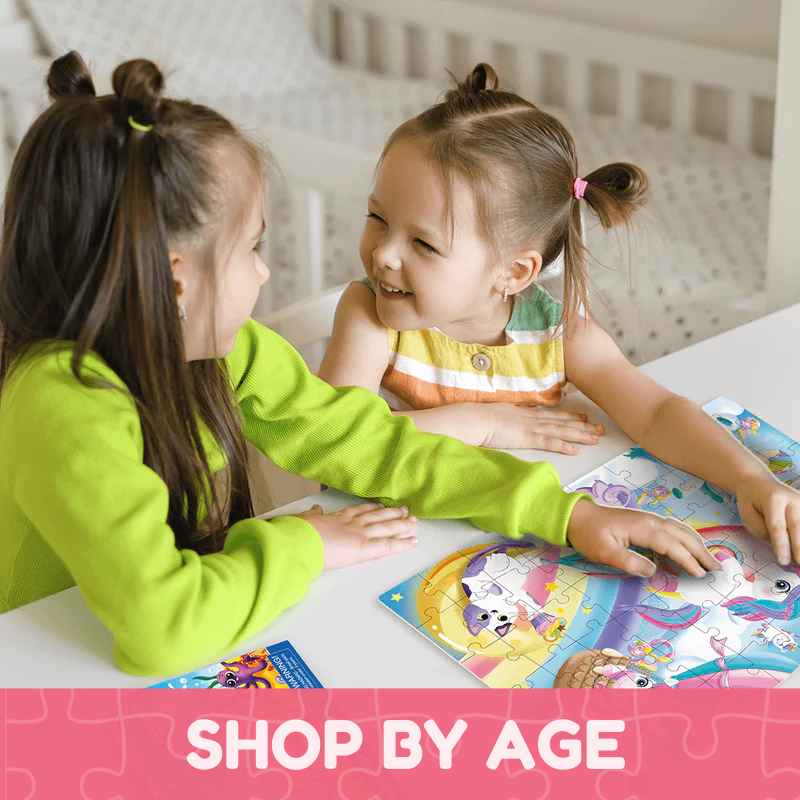
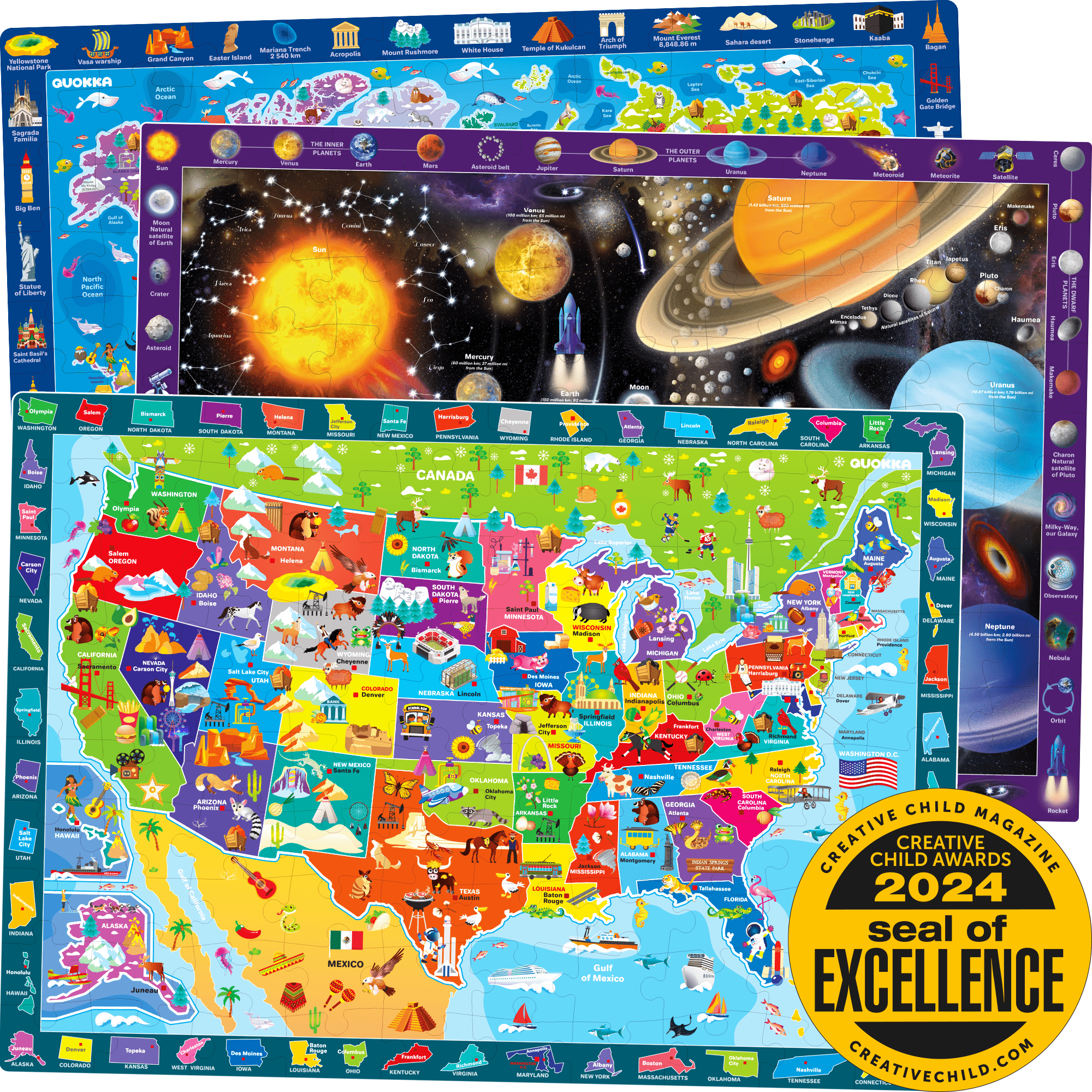
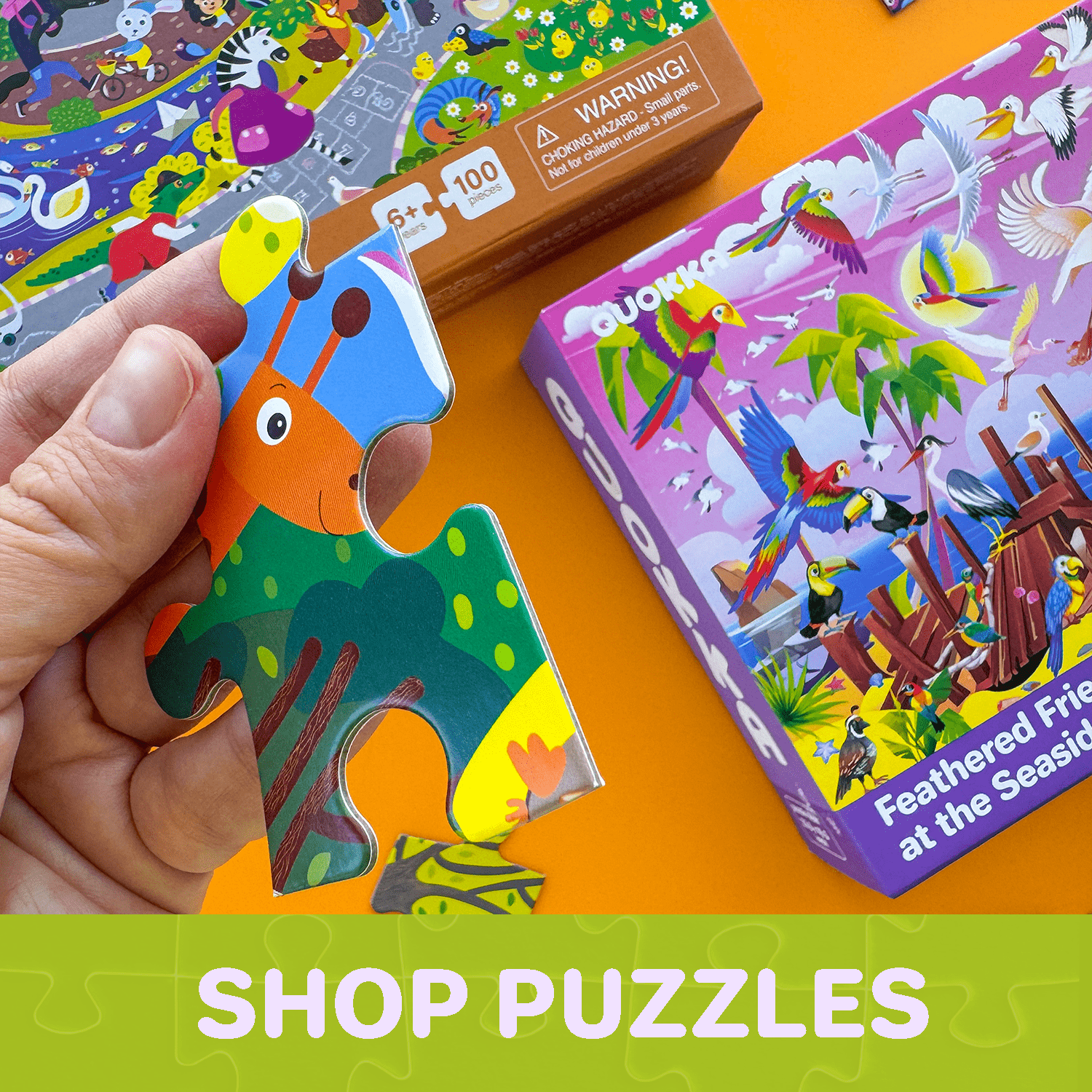
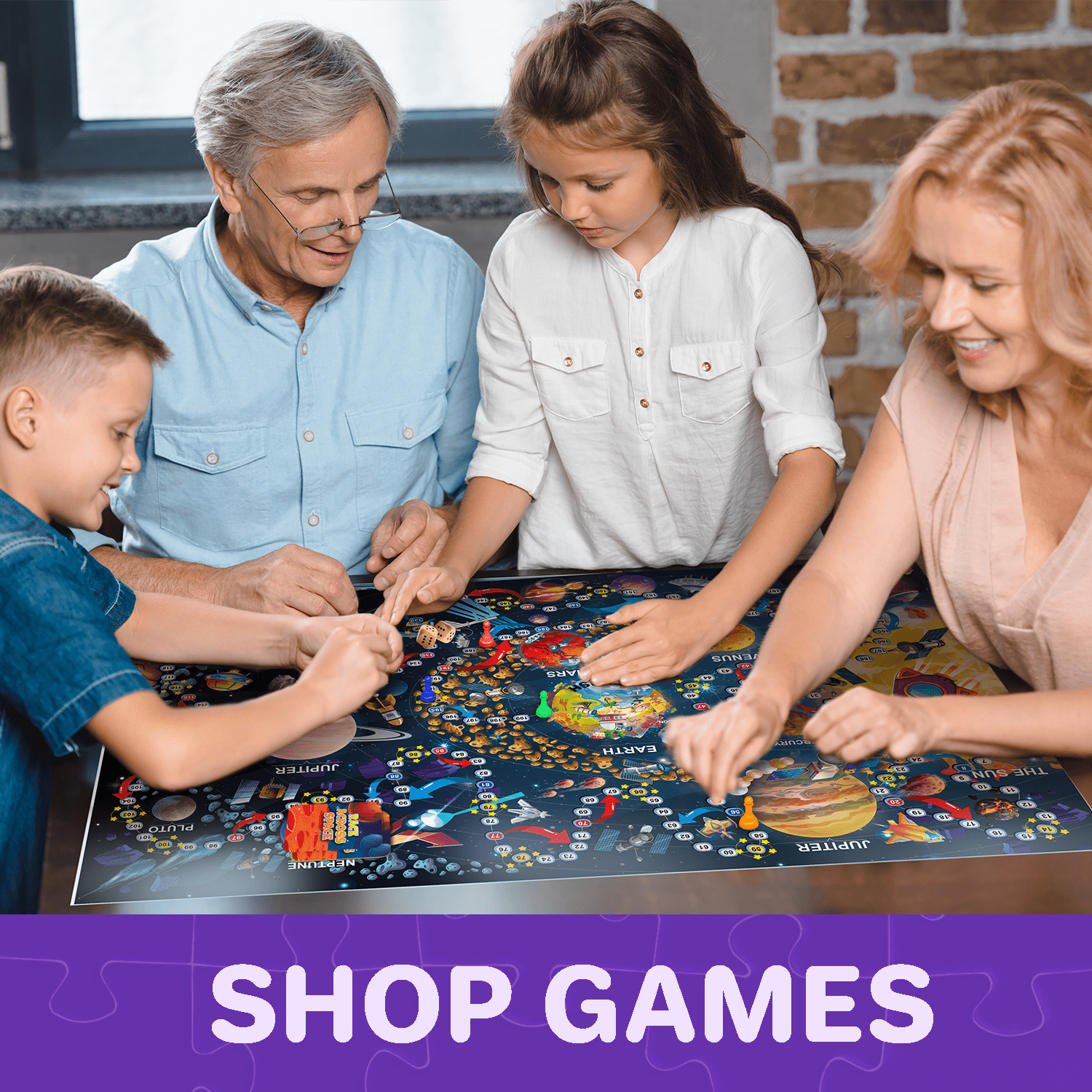


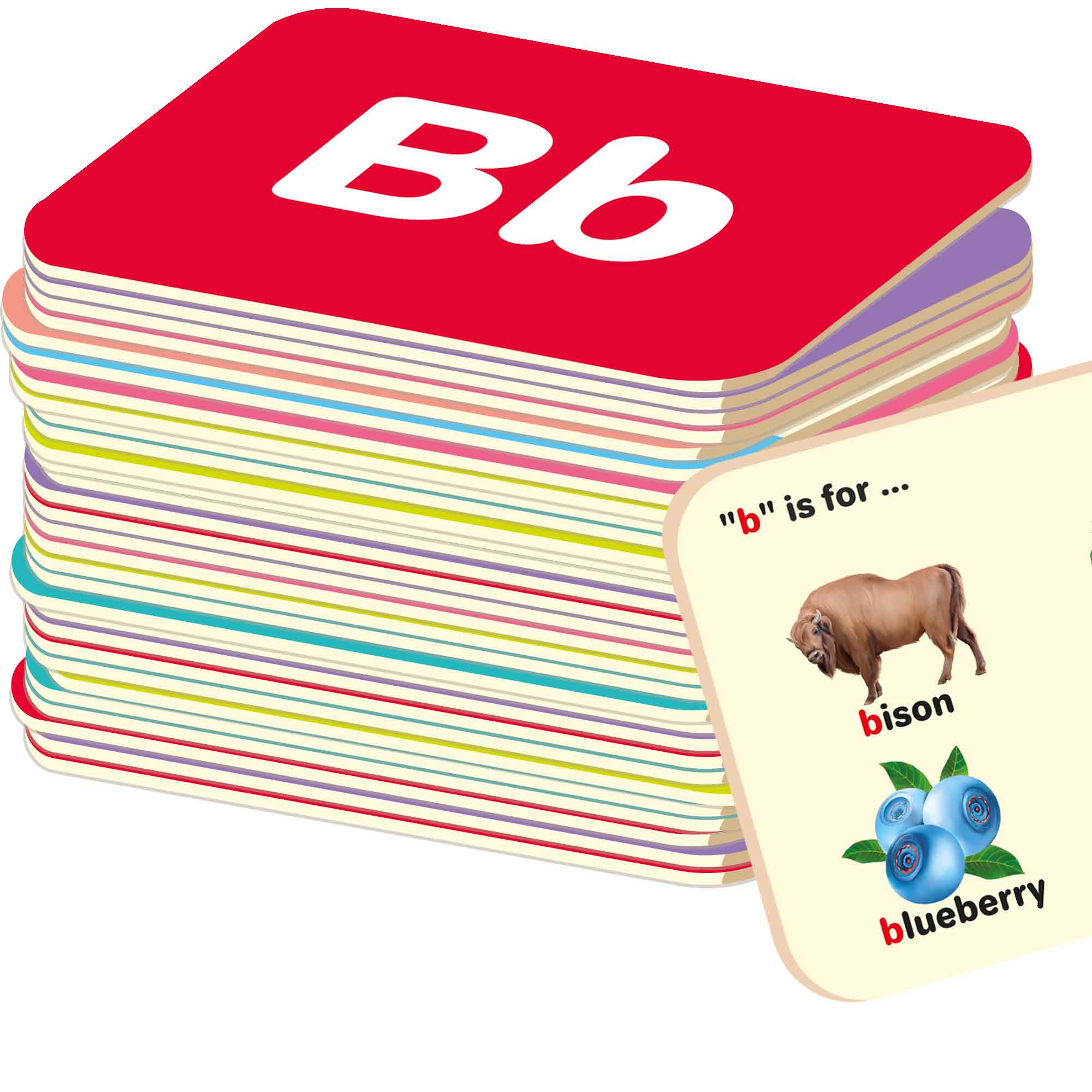
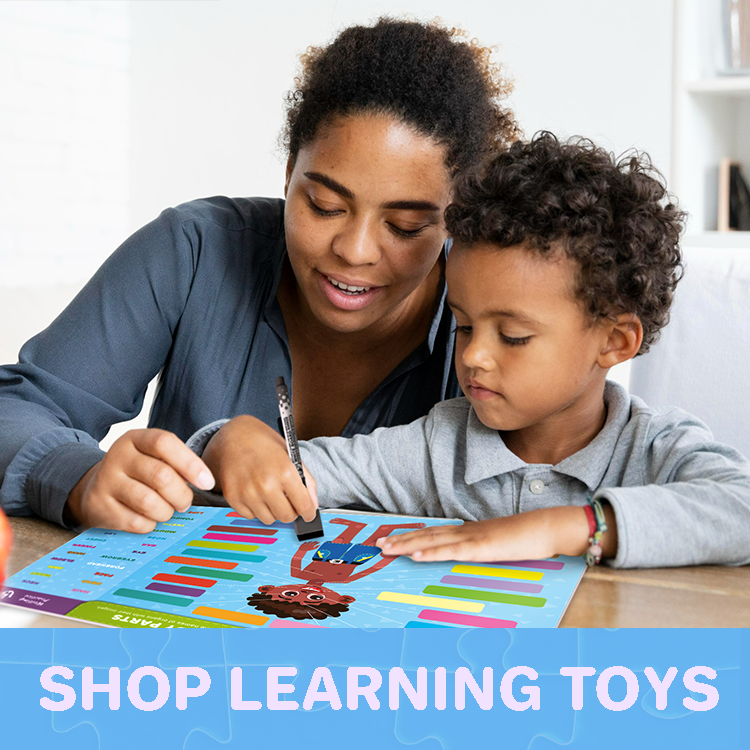
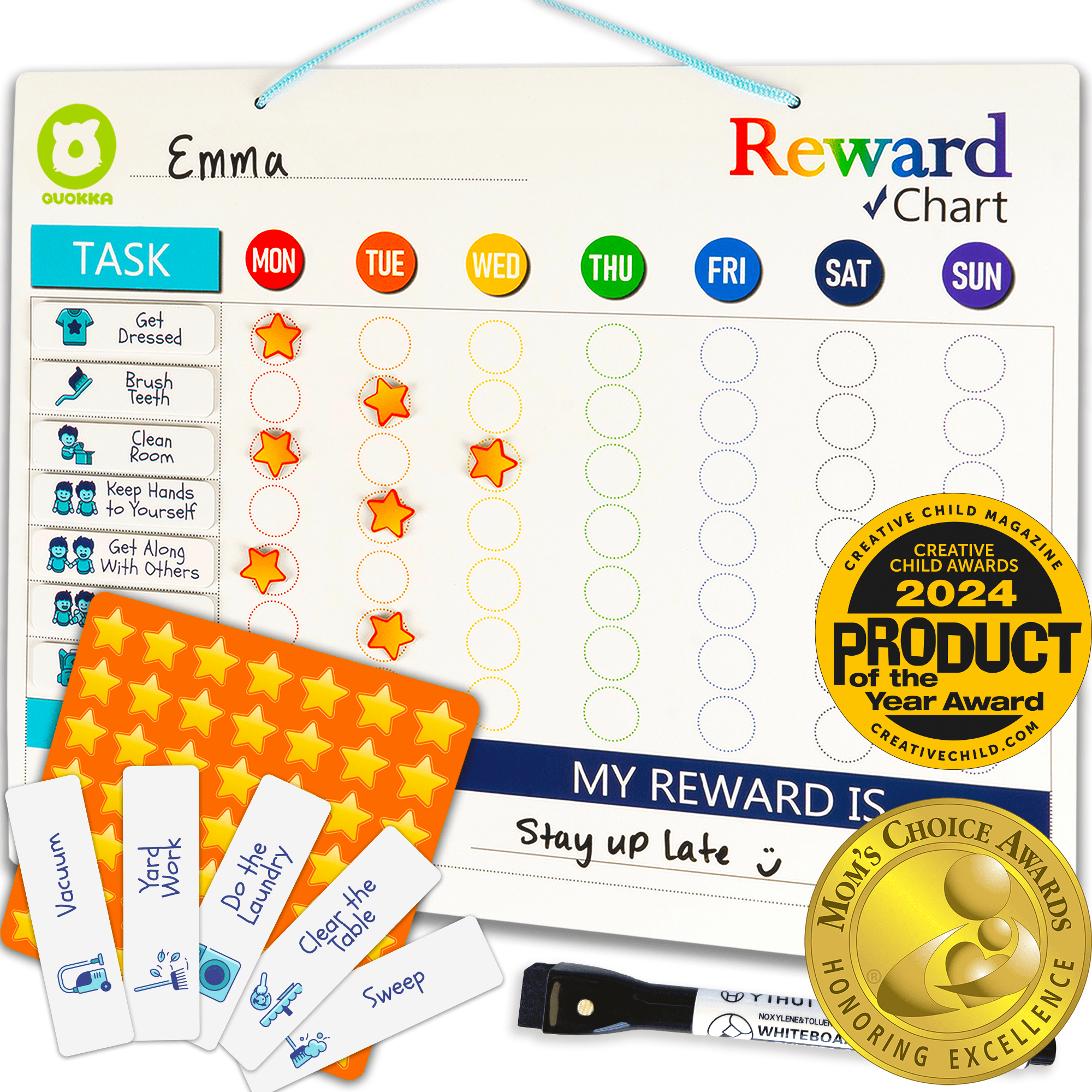
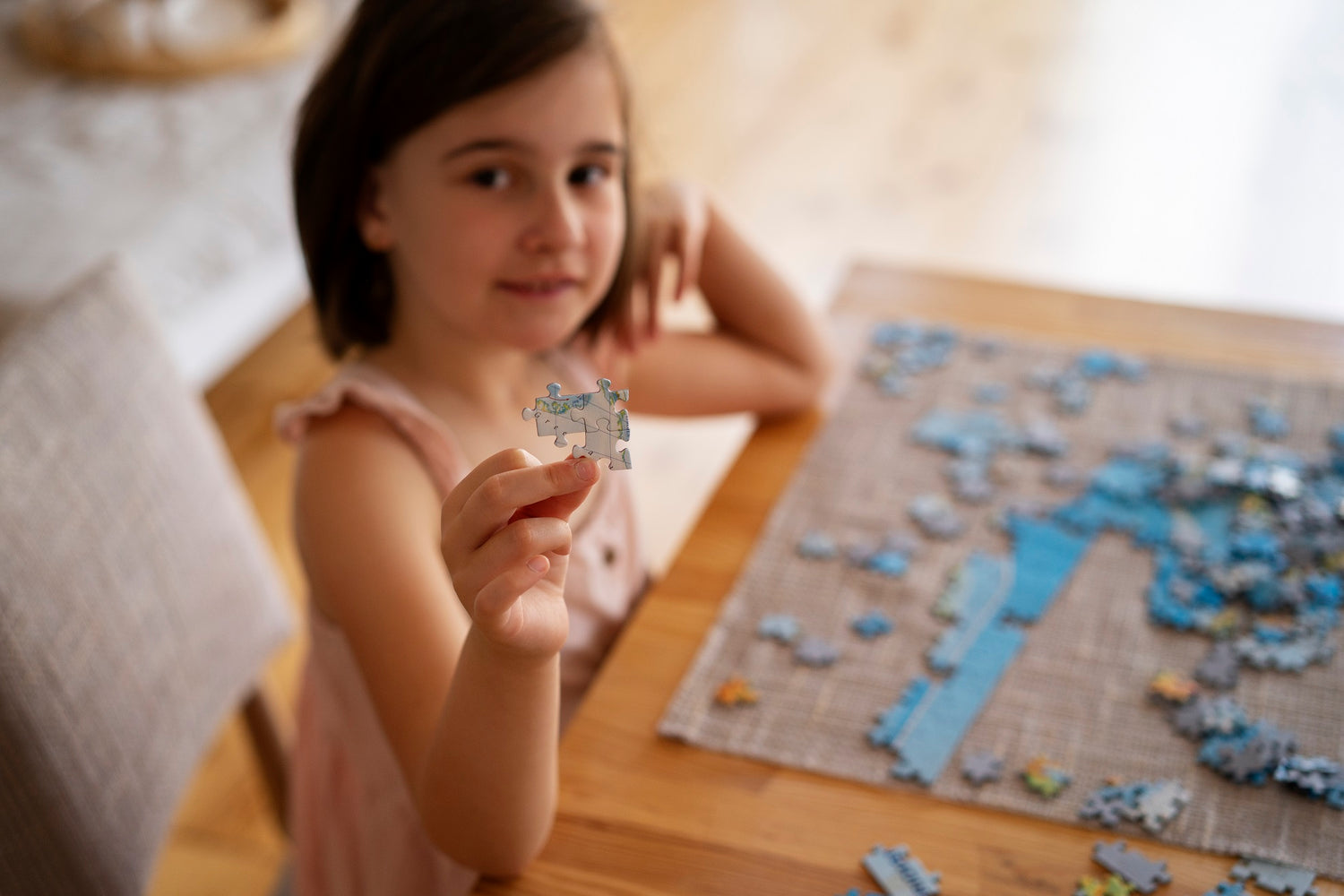
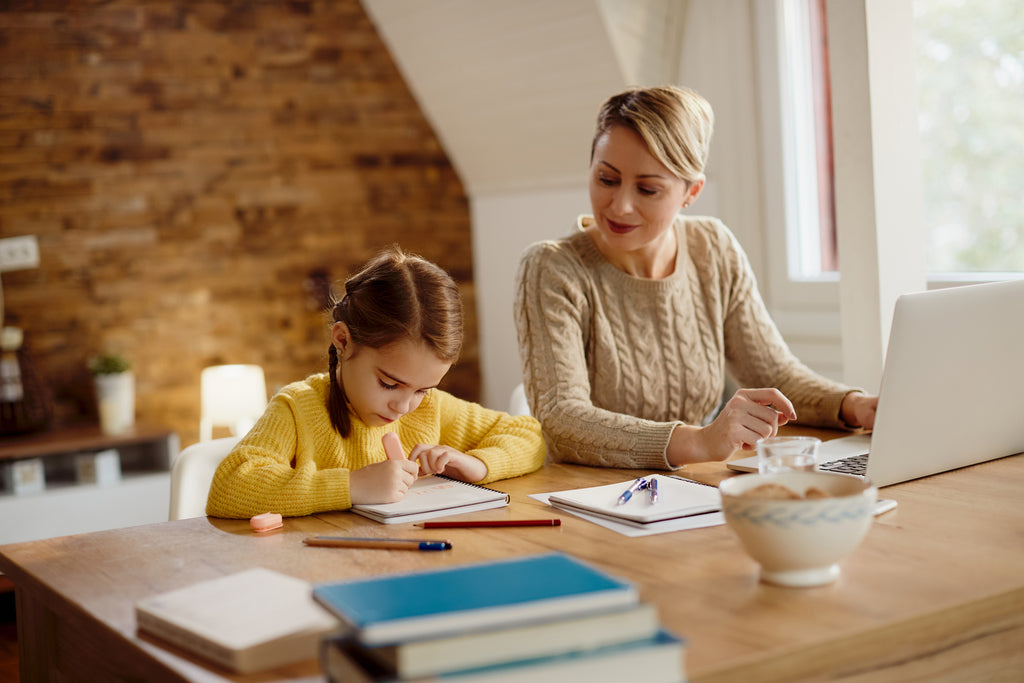
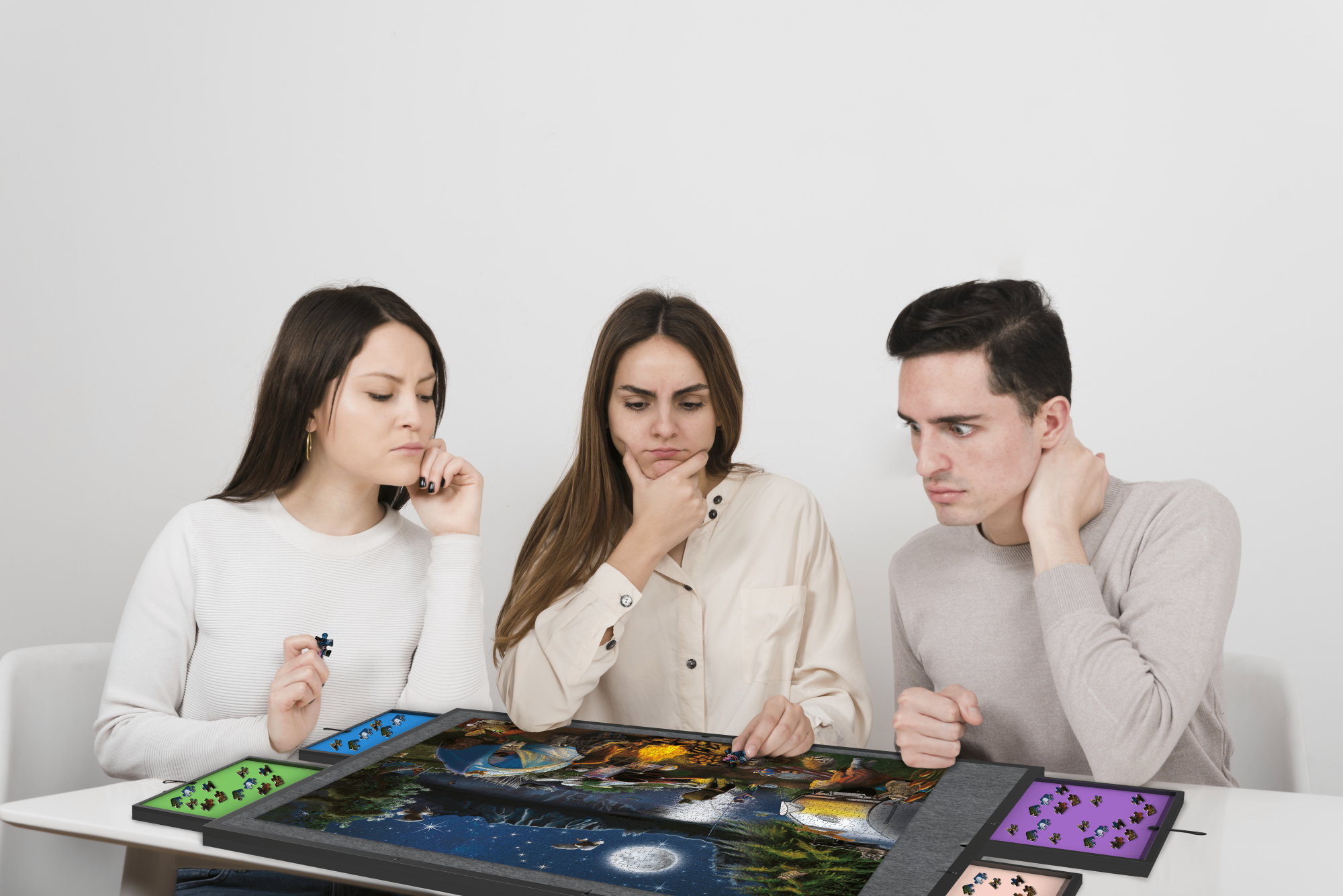
Leave a comment
All comments are moderated before being published.
This site is protected by hCaptcha and the hCaptcha Privacy Policy and Terms of Service apply.